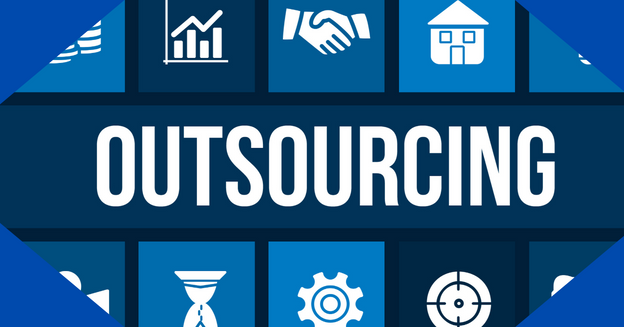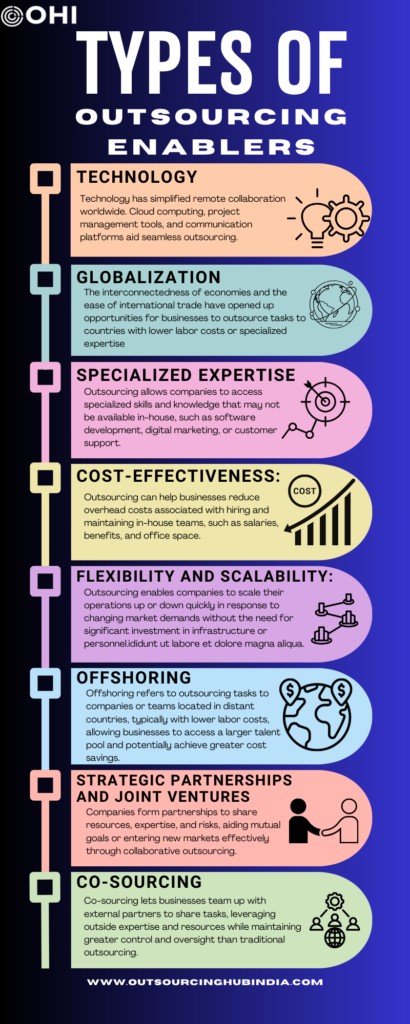
Enabling Outsourcing for Enhanced Accounting Processes
- April 23, 2024
- OHI

In today’s fast-paced business environment, streamlining operations is crucial for maintaining competitive advantage and fostering sustainable growth. Among the various strategies that companies adopt, outsourcing accounting functions has emerged as a particularly effective approach for enhancing operational efficiency. This strategy not only alleviates the burden of day-to-day accounting tasks but also refines financial processes to drive strategic business decisions. Here’s an in-depth look at how outsourcing can enhance accounting processes and streamline operations across industries.
Efficient accounting processes are the backbone of any successful business. They provide accurate financial data that leaders use for making informed strategic decisions, managing cash flow, ensuring compliance, and evaluating the overall health of the organization. However, maintaining an in-house accounting team capable of delivering this level of service can be costly and complex, especially for small and medium-sized enterprises (SMEs) that might lack the resources to manage such functions effectively


To truly benefit from outsourcing accounting functions, businesses should consider the following best practices:
Outsourcing accounting functions offers a host of benefits that can significantly enhance the efficiency of business operations. From cost savings and access to expert skills to enhanced scalability and focus on core business areas, the advantages are substantial. By carefully selecting the right outsourcing partner and maintaining a proactive approach to managing the relationship, businesses can achieve streamlined operations that not only support current operational needs but also drive future growth and success. In the landscape of global competition, the ability to streamline and optimize business processes through outsourcing can be a key differentiator, setting a foundation for continued excellence and innovation.
Contact us for a customized NO OBLIGATION proposal for outsourcing your accounting activities.









